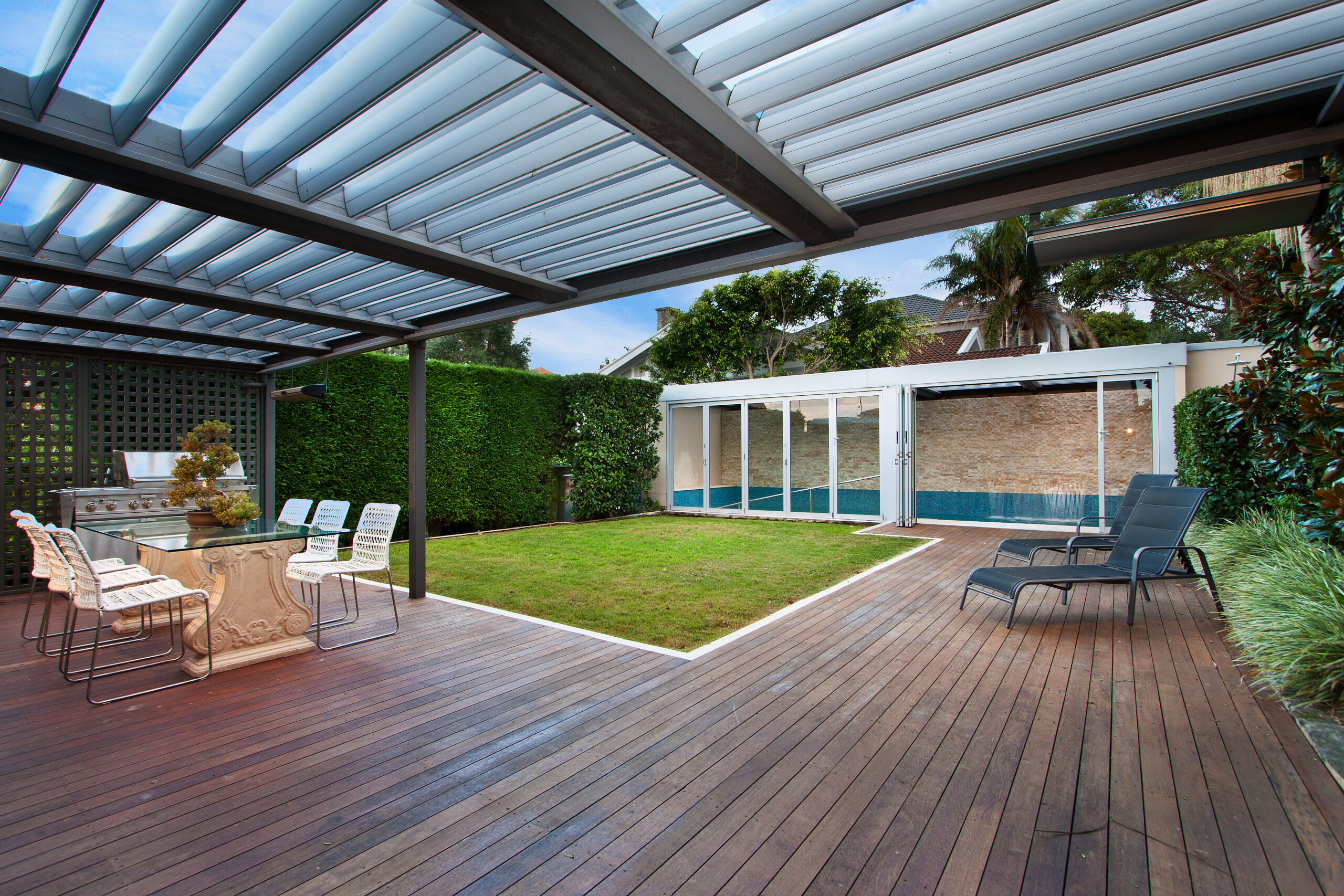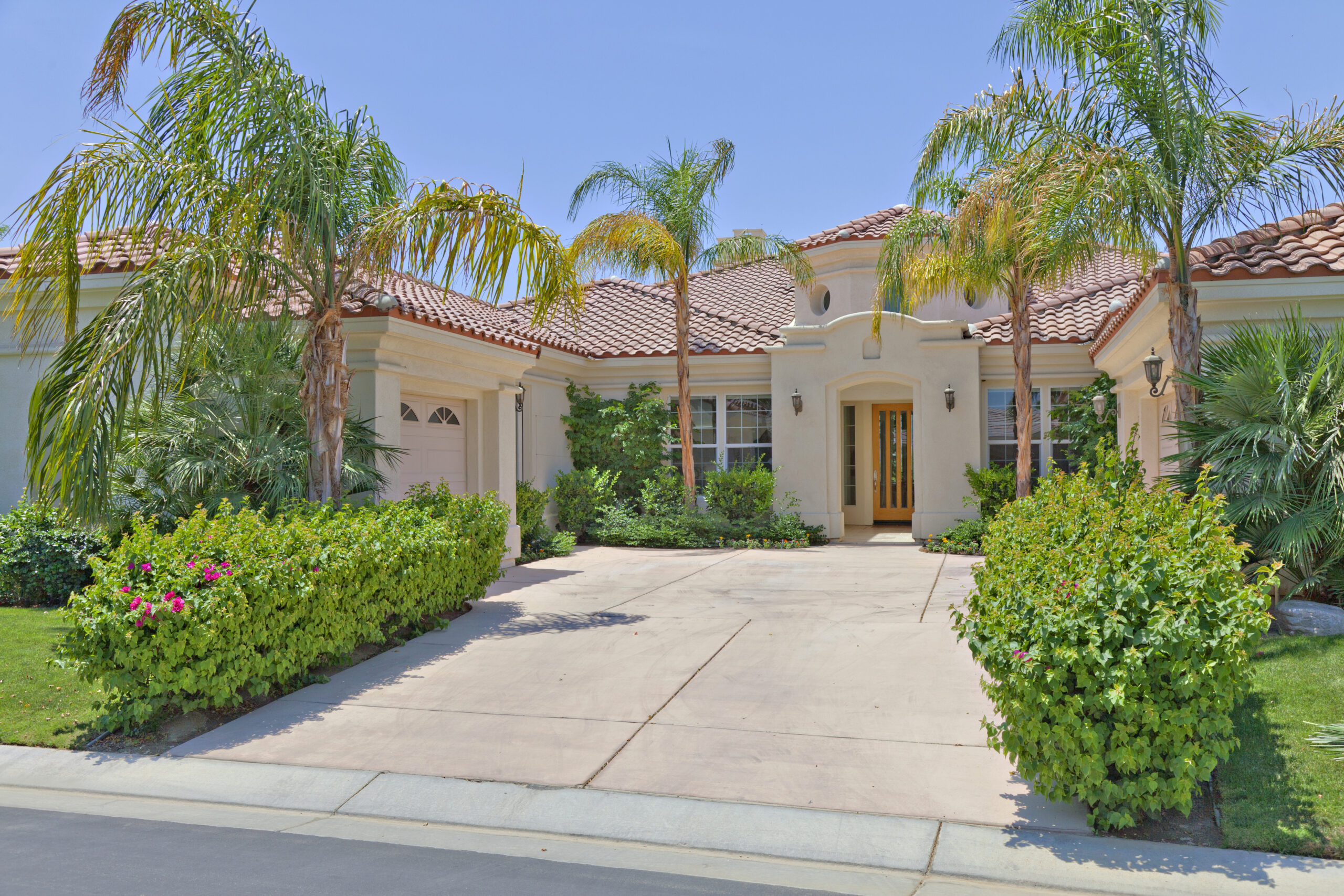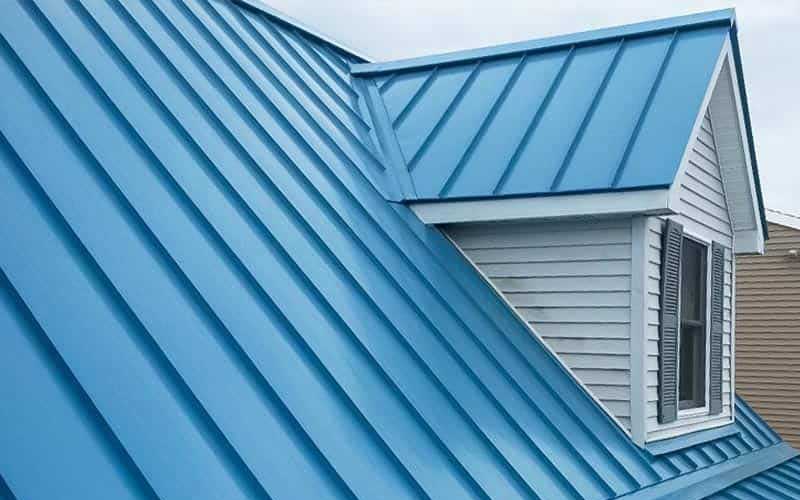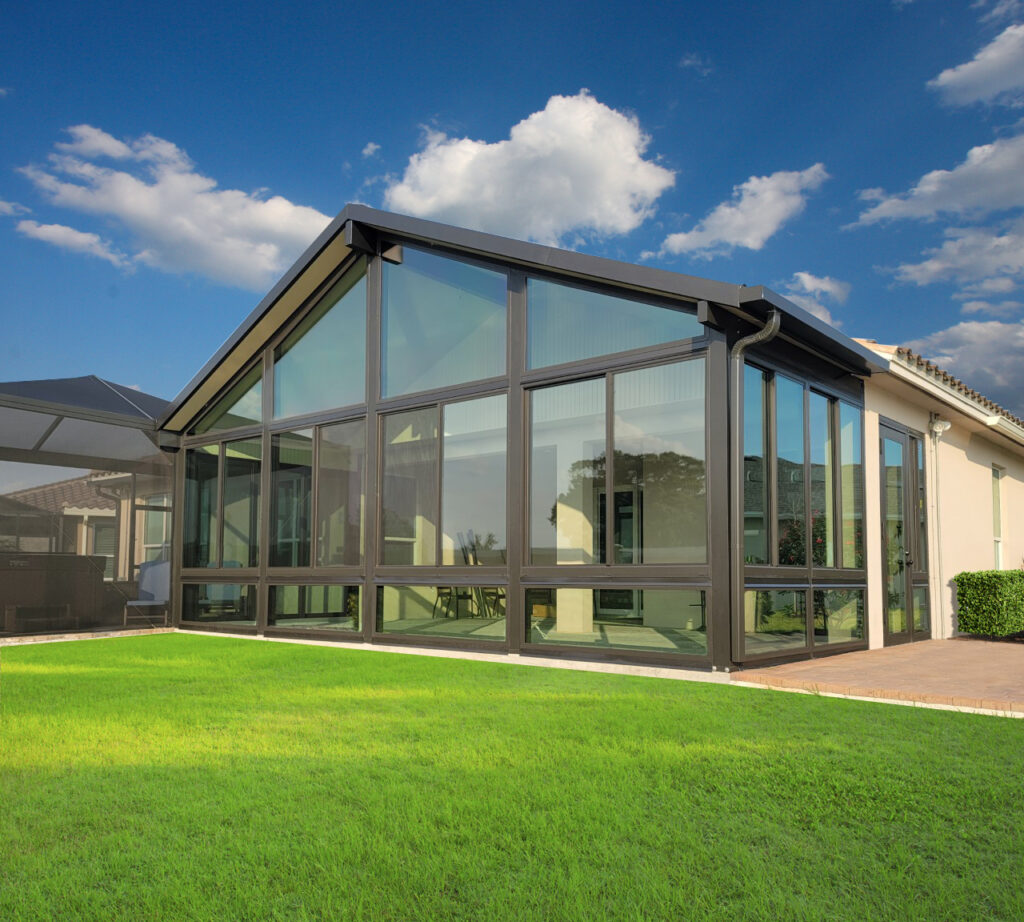There are a lot of things to consider when you are thinking of building a sunroom. Normally, you must decide on the size of the room, the design of its framing, and the type of screen to use. But if you are like most homeowners, you will probably not think of the material to use in the windows.
That’s because for many homeowners there is only one material to use in sunroom windows, glass. A sunroom is more or less made of windows. The material you use in the window can make or break the sunroom. So, as Florida Management in Davie points out, it is understandable that most homeowners simply choose a material they’re familiar with.
But glass is not the only material that you can use for the sunroom’s windows. In addition to glass, you have other options like vinyl and acrylic. In some situations, these materials may be better than glass. So, how would you know when glass, vinyl, or acrylic is the right material to use in your sunroom’s windows?
The factors you need to consider in making this decision are:
- The design and purpose of the sunroom – What will the sunroom be used for, what time of the year are you likely to use it and what is the room’s orientation (which direction will it face)?
- The durability and clarity of the material – How hard or easy is it for the material to scratch? What is its strength versus the strength of the other window materials?
- Ability to withstand the sun’s ultraviolet (UV) rays – Is the material UV-proof or UV-resistant? Will it withstand strong ultraviolet rays from the sun, or will it turn yellow after some time?
- Energy efficiency – How much insulation will the sunroom need, and will the material be able to support the level of energy efficiency you require in the sunroom?
- The cost of the material – Is the material affordable or costly? Compared to how much it costs, how long will it last?
- Maintenance – How much maintenance will the window material need?
Using these criteria, you can look at the pros and cons of glass, vinyl, and acrylic to determine which one is the best option for your sunroom.
Acrylic Panels
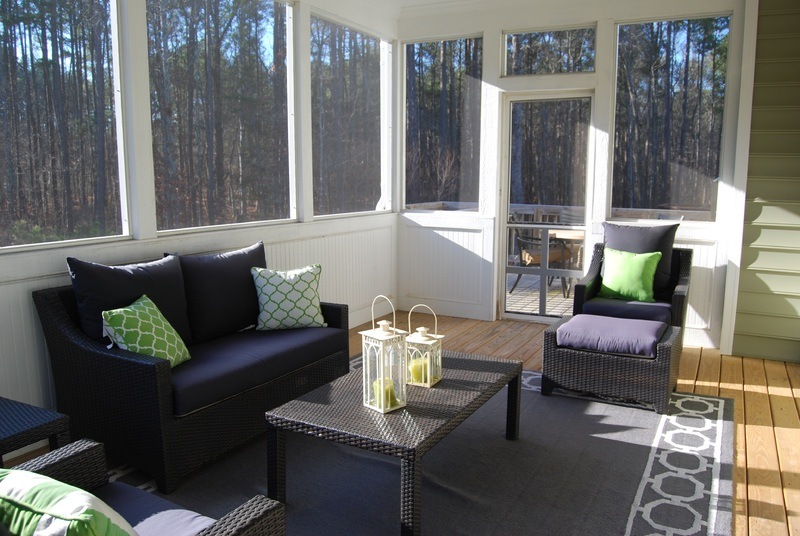
Pros
- The number one advantage of acrylic in comparison to glass and vinyl is the price. Acrylic is a pocket-friendly material that despite its low price can still make your sunroom attractive.
- Acrylic panels are also much lighter than glass. This makes them easier to install. In addition to the material being cheaper, installing it is also cheaper.
- Acrylic is a rigid clear plastic. It will resist sharp blows with a lesser likelihood of breaking. If it does crack, acrylic will not shatter in the same way that glass does.
Cons
- Being a plastic, acrylic is sensitive to changes in temperature and humidity; it may lose its shape in response to these changes.
- Acrylic scratches easily.
- It requires special cleaning materials.
- It is sensitive to the sun’s UV rays and will turn yellow with time.
Glass
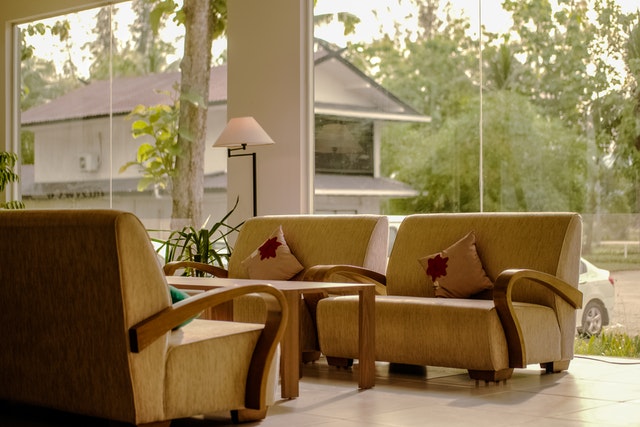
Pros
- Glass is a more durable long-term material than acrylic.
- Glass windows will keep UV rays out of your sunroom since most glass windows are UV resistant by nature.
- Glass is tough and does not scratch easily.
- Glass has excellent insulating qualities and there is a range of options to choose from (double-paned or triple-paned) depending on the climate of your location.
Cons
- Due to its weight and fragility, glass is harder to manufacture and transport. This makes glass a more expensive option than acrylic or vinyl.
- In addition to the higher cost of glass panels, working with them is also trickier. So, installing glass windows will cost you more.
- Glass is prone to shattering. There is always the danger of glass breaking and inflicting serious injuries on someone.
Vinyl
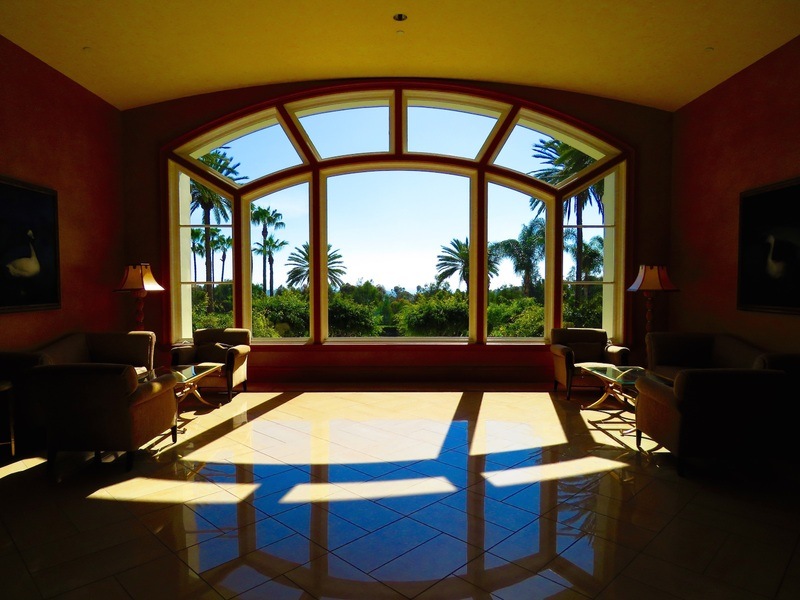
Pros
- Vinyl is considered a great alternative to glass and acrylic because it combines many of the best qualities of acrylic and glass.
- Vinyl is not as hard as glass, but it is also not as fragile as glass.
- Vinyl panels are thick and flexible (vinyl yields to pressure but immediately returns to its original shape); this makes vinyl a highly durable option.
- Because of its glazing, vinyl has superior thermal performance that allows it to stand up to the heat of summer without warping or cracking.
- Vinyl is also low maintenance; its smooth surface will resist scratching.
- Vinyl is cheaper than glass.
Cons
- Although it can resist scratches and tears to some degree, vinyl is not glass and does not have its superior ability to resist scratching.
- Because it can get scratched, vinyl may periodically need buffing.
- Vinyl can get tarnished and become hazy.
- Even though it is low maintenance, vinyl still needs to be inspected from time to time.

